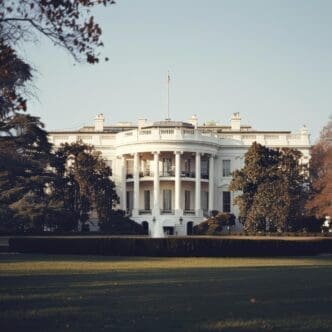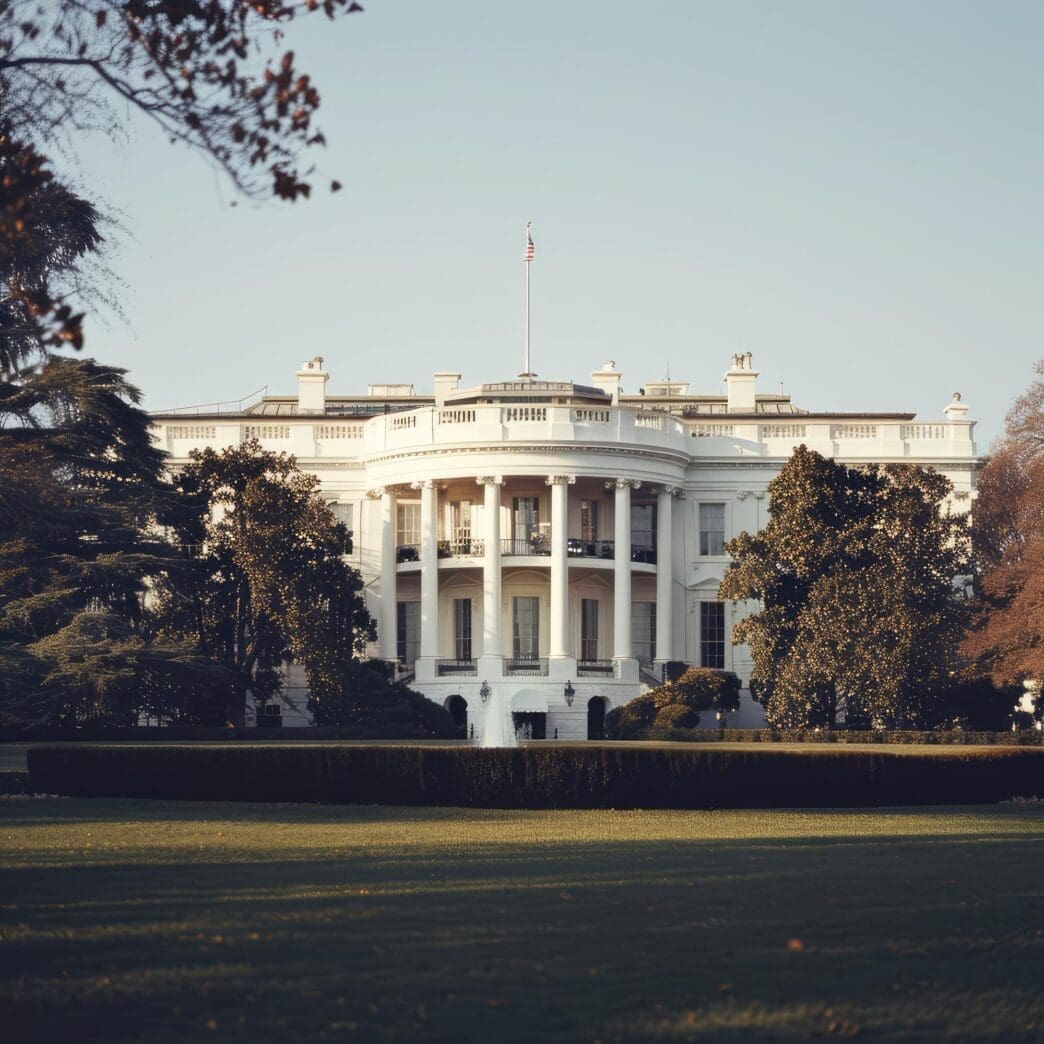Earlier this morning, President-elect Trump arrived in Washington to engage with key political figures, signaling what could be a significant shift in American leadership dynamics. Scheduled meetings with House Republicans highlight the day’s agenda as Congressional Republicans make vital leadership choices in both chambers.
Among Trump’s swift actions in preparing for governance is his series of cabinet appointments, prominently featuring John Ratcliffe as the proposed CIA director and Pete Hegseth, a Fox News host and Army veteran, for defense secretary. These choices await Senate confirmation, echoing the legislative hurdles ahead.
Alongside the political maneuvering, Trump has introduced an initiative to establish a “Department of Government Efficiency,” envisioned to be spearheaded by Elon Musk and V. Ramaswamy. This move aims to streamline bureaucratic operations and curb excessive regulatory practices, marking a proactive start for the incoming administration.
Musk’s presence in Washington, especially his informal advisory role with Trump, underscores the influence of high-profile business leaders in shaping governmental strategies. His significant financial contributions to Trump’s campaign further solidify his status within the new political framework.
Meanwhile, a symbolic meeting between Trump and the current President Biden took place in the Oval Office, emphasizing a purported commitment to a smooth transition. Despite the historical tension between these figures, especially given Trump’s stance during the 2020 election loss, this encounter suggests a potential easing of past animosities.
Discussion points for President Biden include ensuring an effective handover of power, an area where he experienced challenges during his own ascension to the presidency. Despite a lack of public amicability, the mere occurrence of this meeting could signify progress.
Foreign policy, notably the ongoing conflict in Ukraine, remains a contentious topic. Trump expresses a desire to negotiate peace involving key international figures like Vladimir Putin, suggesting a shift in diplomatic efforts contingent upon his administration’s assumption of power.
Capitol Hill buzzes with leadership elections, pivotal for Trump’s administration’s legislative success. His recent interactions with lawmakers, appreciated through light-hearted exchanges, highlight his intent to galvanize support within the Republican cohort.
The Republican-led Congress’s strategic plans are under scrutiny, with emphasis on potential executive actions bypassing legislative processes. This approach reflects a focus on immigration, trade policies, and civil service reforms, aiming for swift administrative impacts.
In the broader political landscape, the realignment within Republican ranks, as seen in the leadership contests, marks a departure from traditional party norms. The emergence of a “new Republican establishment” under Trump’s influence is palpable.
As this transition unfolds, the nuances of power, strategic appointments, and policy directions offer a glimpse into the ideological and operational shifts heralded by President-elect Trump. The collaboration—or possible contention—between Trump and Biden during this handover reflects a broader narrative of evolving political tenets in the United States.








